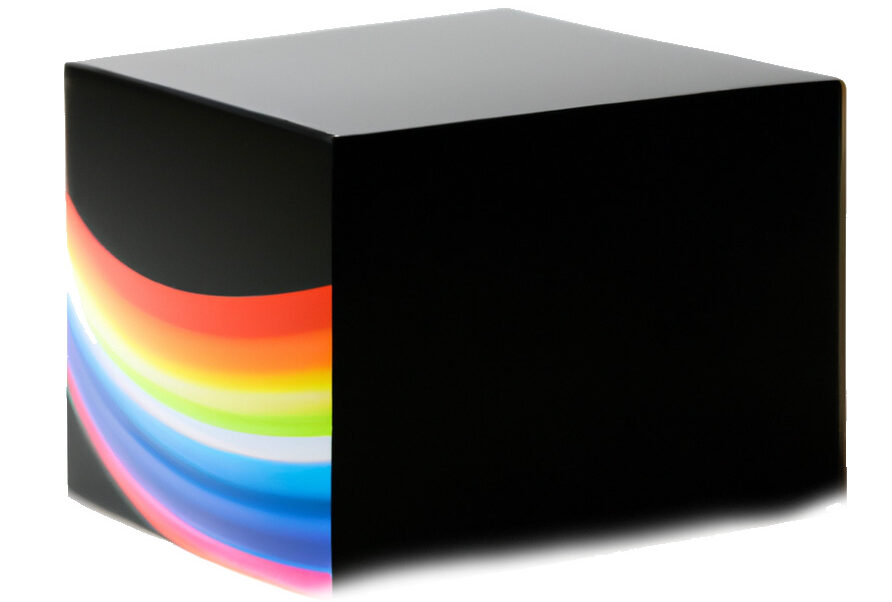The travel and events industry is responsible for an enormous amount of carbon emissions each year. According to a press release sent by the company, recent analysis by RendezVerse, which calls itself a metaverse-as-a-service platform, of site inspections reveals that the industry emits at least half a billion kilograms of CO2 each year.
Site inspections happen when event planners or location scouts travel to hotels and other event venues to evaluate them for conferences, corporate meetings, and other large events. For a single event, a planning professional might travel to and evaluate five or more venues.
Carbon Impact of Site Visits
RendezVerse found that there are at least 95 million site inspections annually, each with a typical travel requirement of 40km. Since cars produce 120g of CO2 per km, the resulting emissions from site inspections total 480 million kilograms of CO2. To offset this amount, 7,540 trees must be planted and left to grow for 10 years. However, with so many inspections taking place each year, off-setting is not a sustainable solution.
RendezVerse says it has developed a more sustainable option for hotels and venues.
It allows for site inspections with no travel requirements through the use of its metaverse, which showcases digital twins of venues as if the planner was there in person.
Using these synthetic locations instead of visiting real-world ones reduces CO2 emissions from traveling to inspect venues and also gives time and profitability back to venues by eliminating the need for them to keep rooms open for visits.
Enter the Metaverse
CEO of RendezVerse, Peter Gould, explains: “The metaverse offers a real solution that not only gives time and profitability back, it also removes the need for travel without any so-called ‘off-setting’. And by visiting venues in our metaverse, up to half a billion kilograms of CO2 emissions could be saved each year.”
Venues, including Marriott Madrid Auditorium and InterContinental Paris Le Grand, are already customers of RendezVerse’s technology, supporting the reduction of travel and emissions for their site inspections.
By visiting venues in the metaverse instead of in-person, up to half a billion kilograms of CO2 emissions could be saved each year.
RendezVerse is a cool example of using synthetic locations instead of real-world ones, and thus reducing emissions and travel time in the process.

